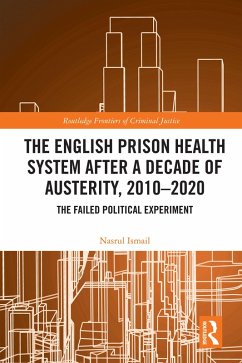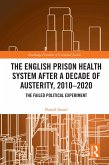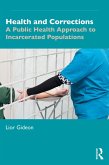Drawing on interviews and data from existing longitudinal and economic analyses, the book demonstrates how austerity has resulted in high rates of recidivism, diminished what remains of the welfare state, and increased inequality and punitiveness. Despite a decade of failure, there is a marked political reluctance to dispense with austerity, and the governmental juggernaut continues to produce the same result. As the spectre of recession increases, caused in part by Brexit and COVID-19, these failures are ever more perilous.
This book blends the interdisciplinary perspectives of criminology, public health, sociology, law, social policy, politics, and economics to enable greater understanding of the impact of austerity on health governance, prison healthcare, the prison workforce, and prisoners' health and safety. It challenges current policy, practice and thinking, and is a must read for anyone who wants to reflect on how the political economic structure can affect the governance and delivery of healthcare services in marginalised settings, beyond prisons, and indeed beyond England.
Dieser Download kann aus rechtlichen Gründen nur mit Rechnungsadresse in A, B, BG, CY, CZ, D, DK, EW, E, FIN, F, GR, HR, H, IRL, I, LT, L, LR, M, NL, PL, P, R, S, SLO, SK ausgeliefert werden.









